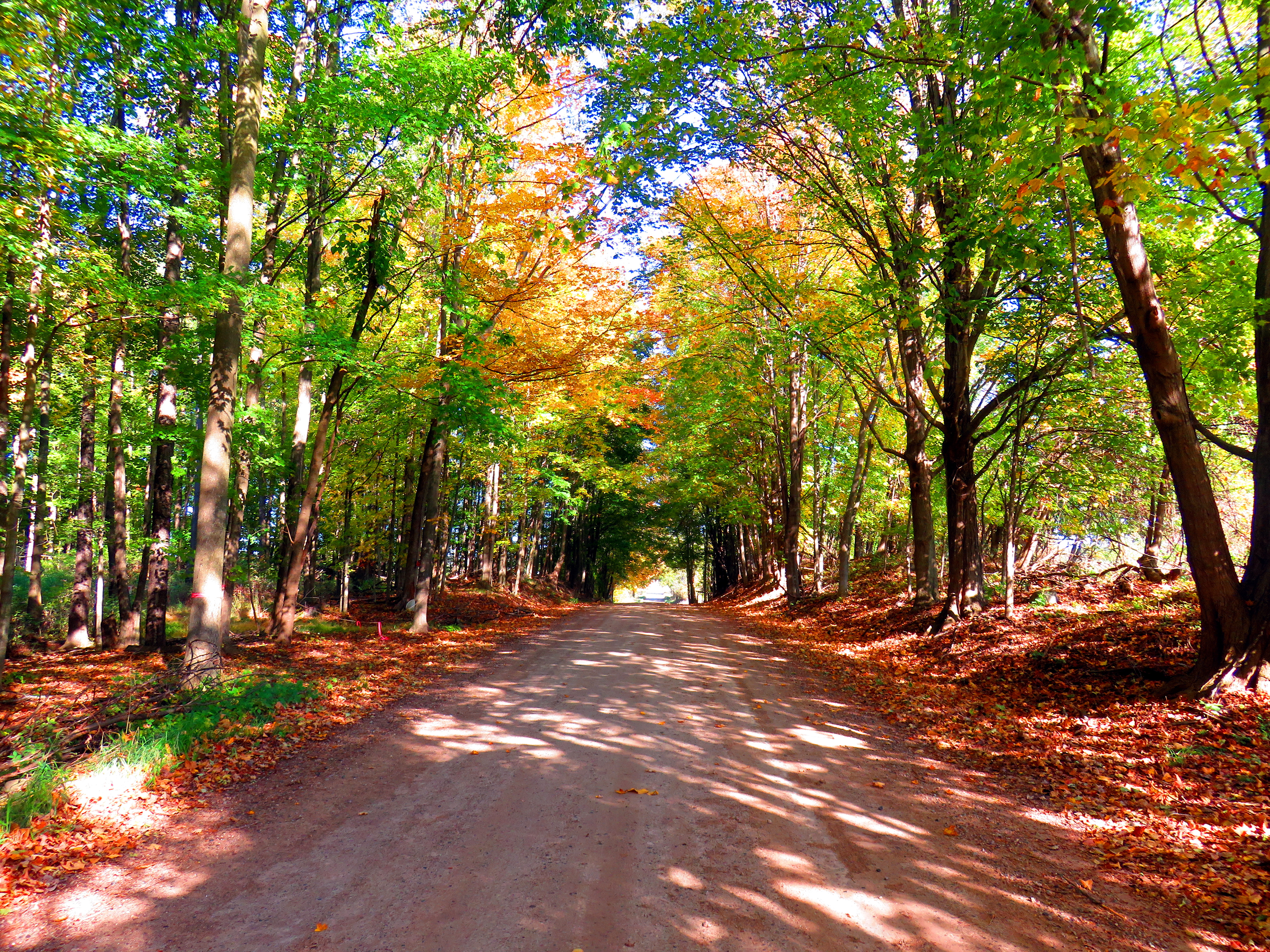
I like to say it’s all Dr. Henry Louis Gates’ fault.
For many years I’ve enjoyed his PBS shows on tracing genealogy and I had plenty of questions about my own. Last year I decided to dig into my past in earnest.
Anyone who has engaged in family history research knows that there are a million rabbit holes into which one can fall. Start googling or using one of the several more common genealogy web services out there and you begin to find names you never heard of and stories you 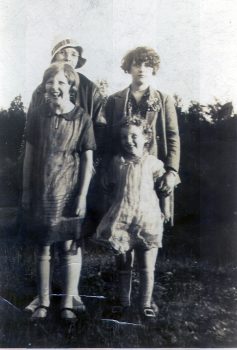 never knew. I knew that the results would be interesting. What I didn’t realize was the effect those revelations would have on my sense of self and family.
never knew. I knew that the results would be interesting. What I didn’t realize was the effect those revelations would have on my sense of self and family.
My mother’s family was a bit of a mystery to my cousins and me. We had a few stories on my grandmother’s side, but Grandpa’s family was a complete unknown, never discussed. Mysteries evoke speculation (there was plenty of that!) and I was determined to learn what happened to my great grandparents, Henry and Angeline (whose names I never knew until I started this journey).
It took awhile but I discovered things I never would have imagined, some sad, some inspiring, some just interesting. As this information was revealed, bit by bit, like layers of an onion gently falling off to reveal its core, I realized that I, too, am part of this story. These men and women and the struggles and challenges they faced, were all part of my DNA, my true self.
Call me ignorant, uninformed or too far beyond the American history I learned in school, but I had long forgotten that not all American settlers in the 1700s came from England and for a variety of reasons. I had no idea that the first immigrants of my great grandmother on my grandfather’s side came as a result of religious persecution that began in Switzerland during the 1500s.
Switzerland? Really?
They were Mennonites and part of a group that came to Pennsylvania in the 1700s from 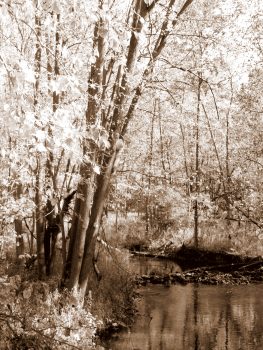 Germany known as “Pennsylvania Dutch,” a group that also included the Amish. My Swiss ancestors, those of our great grandmother, Angeline, after fearing torture and even death for their beliefs, fled to Germany and from there to America. They would later move north, to Canada.
Germany known as “Pennsylvania Dutch,” a group that also included the Amish. My Swiss ancestors, those of our great grandmother, Angeline, after fearing torture and even death for their beliefs, fled to Germany and from there to America. They would later move north, to Canada.
My grandfather’s paternal side also came to Pennsylvania in the 1700s, but their initial motivation was to find a better life during a period of financial challenges in Germany that lingered after the Thirty Years War. Many sons in this family also joined the Mennonite movement and my ancestors were among them.
These brave families were indeed pioneers. Pennsylvania had just been established as a commonwealth by William Penn and promised religious freedom and the hope of prosperity. My ancestors, as did many of yours, came thousands of miles on a ship that took months to arrive and on a journey that for many resulted in death at sea. Quite literally, they had nothing but the clothing on their backs and what they could pack. They built the towns, the stores, the schools and farmed land never before cleared.
Think about what it would be like to move into a new community with no ready communication sources, no schools, no stores, no doctor or dentist unless one came along with you. It puts things in perspective.
As the generations moved on, Henry’s ancestors moved west, first to Ohio. In fact, his father walked to Ohio alone, purchased land, established a farm, and then returned to Pennsylvania to bring back his parents and wife in a covered wagon. It was in Ohio where Henry was born and raised. As an adult, he came to Michigan to settle about an hour from where I now live and started his family, my grandfather being one of the youngest of his six children.
I unraveled all sorts of stories about relatives on both sides but the mystery of Henry continued until we learned that he had been committed to a mental institution and in a stroke of great luck, found his commitment papers, which tell a sad story of mania and perhaps schizophrenia.
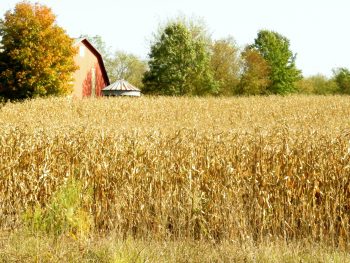
His counterpart, my grandmother’s father, William (presumably born “at sea” but I’m still looking for documentation), emigrated as an infant to Buffalo, NY and set out on a long career as a confectioner during the booming years of candy making in New York. It was a life of relative prosperity and comfort, much unlike the life of a farmer in the 1800s. Their stories simply couldn’t be more different.
As I’ve studied these stories and others in the family line, I have more than once pondered how I feel about this history and how I fit into this narrative.
And the short answer is proud. And sad. And impressed, in a way.
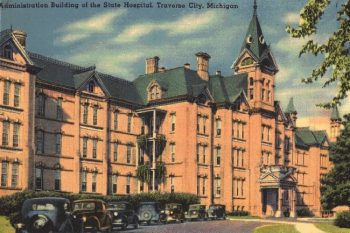
I have lived in the same city since the day I was born. Sure, I travel, I get around. But I’m not what one would call adventurous. I’m not a risky person. And so to consider that my people lived in such conditions where leaving their homeland was the only reasonable solution to their life situation evokes such a feeling of respect and awe. There are many who would simply deny their faith, fit in with the norms of the time and live in relative safety. But my family took a different path. To make that very long, often dangerous trans-Atlantic crossing required commitment and courage, a courage I’m not sure I have.
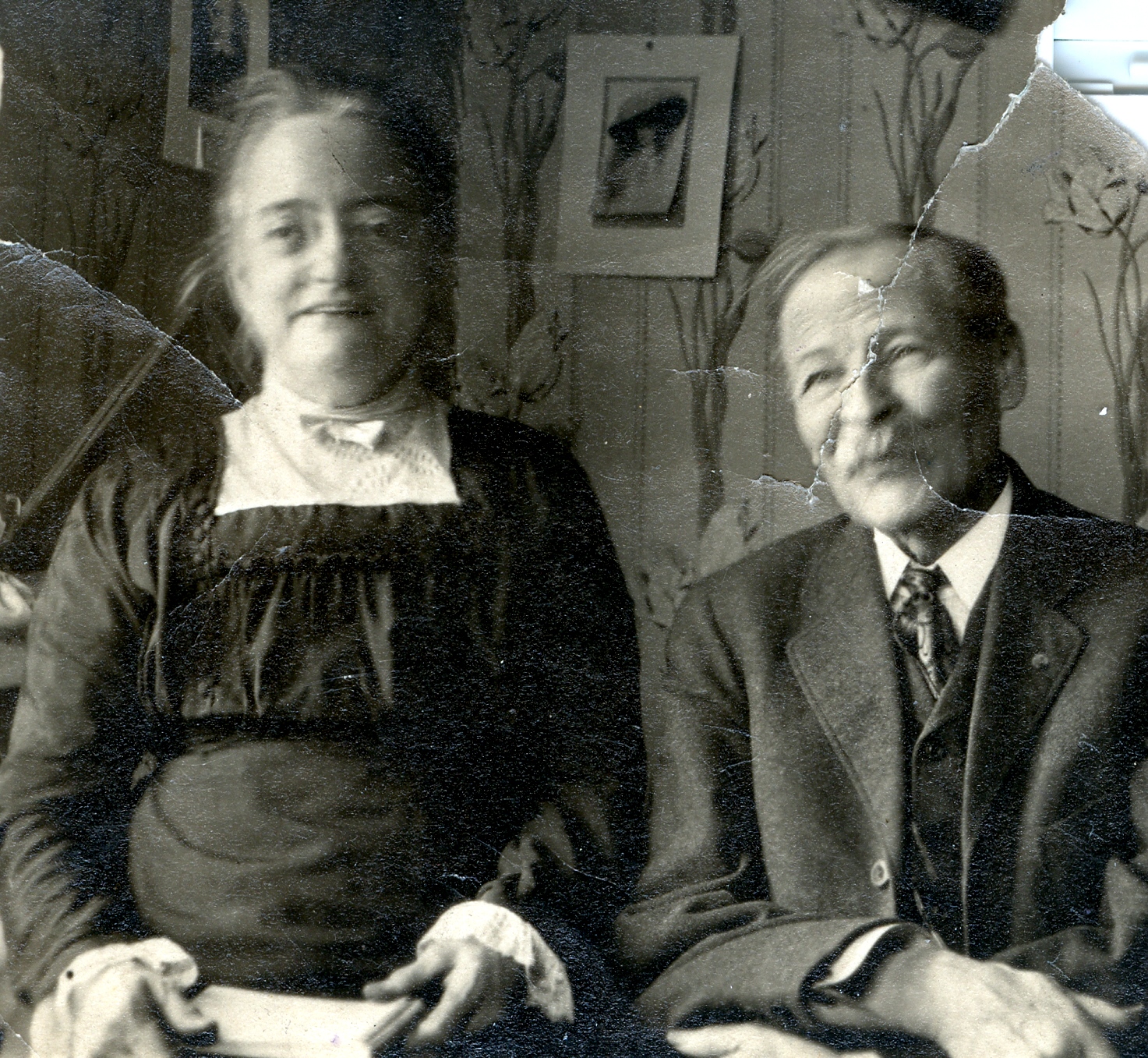
I am filled with admiration for their dedication to a faith that provided so many obstacles. While this is not the faith I practice, I admire the Mennonite’s basic tenets of belief, particularly the strong emphasis on peace and not bearing arms, and my ancestors’ willingness to die for it, to hide in caves and to worship in secret. It takes strength of character to defy the rules for one’s beliefs. I like to think I have some of that — but I’m not sure I am that strong.
As I’ve learned about farming in the American Victorian period, I’ve realized how difficult it was when technology had not brought tractors and other farming implements to make the work easier. We all know this, rationally. But it wasn’t until I both read more and then actually saw the property that was my great grandparent’s — 100 acres of farmland in western Michigan — that I realized the challenge of it all. Farming was a family job. The children worked alongside their parents and that work was done manually. Michigan winters are tough and west Michigan tends to have some pretty rugged weather due to the lake effect snow. My people had to work hard, very hard, relying as farmers today do for weather conditions throughout the growing season to provide the best crops.
I have trouble growing tomatoes. In pots.
I am so soft.
I’ve learned I am much like my grandmother — a creative soul who loves to laugh. I had heard stories from my mother, her sisters and my 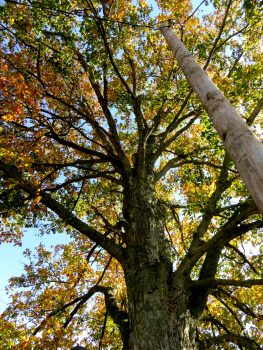 mother’s best friend about my grandmother and her wonderful sense of humor, her creative streak and her good nature. What I didn’t know was that her parents had come to America in the 1800s from England to settle in a new city. Why they left remains a mystery. But somehow, through the chance happening of two people working in the same confectionery business, Minnie’s parents met.
mother’s best friend about my grandmother and her wonderful sense of humor, her creative streak and her good nature. What I didn’t know was that her parents had come to America in the 1800s from England to settle in a new city. Why they left remains a mystery. But somehow, through the chance happening of two people working in the same confectionery business, Minnie’s parents met.
Try as I may, my candy making ventures will never be store-worthy. (Witness the peanut butter fudge epic fail at Christmas.) Yet to know my great grandfather William was a candy maker — and indeed, I have his handwritten recipe book — gives me the confidence to try again.
My ancestors were not academically educated. I believe my mother’s generation was the first in her family to attend college. But they had a toughness and determination to build a good life, a new life, in a new land and to thrive.
I look at today’s news, stories of refugees fleeing oppression and seeking a freedom — religious or otherwise — they do not have. They are no different than the families of Angeline and Henry, William and Bessie. I find myself nurturing a desire to help those who come to my community settle into a new life. I haven’t quite figured out how to do this yet, but if there is one legacy I hold dear from the stories of my past, it is that in challenge we can triumph, over generations we can soar. These new immigrants deserve the same chance as my people did.
Perhaps one day, their descendants, too, will look back with awe, admiration and respect at their courage and strength and feel a little bit changed. I know I do.
About the Author: Jeanie Croope
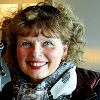 After a long career in public broadcasting, Jeanie Croope is now doing all the things she loves — art, photography, writing, cooking, reading wonderful books and discovering a multitude of new creative passions. You can find her blogging about life and all the things she loves at The Marmelade Gypsy.
After a long career in public broadcasting, Jeanie Croope is now doing all the things she loves — art, photography, writing, cooking, reading wonderful books and discovering a multitude of new creative passions. You can find her blogging about life and all the things she loves at The Marmelade Gypsy.

I have been discovering my ancestors for over 40 years. Like you I am proud and amazed at their lives and what they had to endure to survive. My dad’s people were lumber jacks in Michigan. Talk about back breaking labor. As soon as they could, they headed to Detroit to work in the auto plants. Thanks for sharing your story.
Your ancestral journey has been far longer than mine. I think you and I share the great respect we had for their ability to live through such physically challenging times. Thank you for leaving a comment, Bonnie.
Loved reading this. I’ve been working on my genealogy for quite a few years. It is amazing to discover one’s heritage! I have more work to do, but have found so much to be proud of.
I’m not sure the work is ever done, Linda! I think I might be nearing the end and then something else pops up! But it’s all good! Thanks for coming by.
I started on my husband’s family in 1973. Civil War Brigadier General George Francis McGinnis. It has been a life-long journey and I am now at the completion stage of a huge album. I decided I could no longer do more research, as I might die before I get this done! Will leave it up to the younger generations to research further. Have been through glory and tragedy and, yes, those skeletons in the closet. My own family research was short and completed in record time, with the help of my sister. My family came from Poland, Lithuania and Belarus. Not much to find, due to wars and lost documents and missing relatives. My biggest regret is that I did not ask questions of our parents and grandparents. Never let that opportunity go by the wayside.
What a fascinating story, Betty! Yes, you’re right about it being never-ending and a job for the future generations. I have that same regret. I asked some and remember much of what I asked — but there was so much that didn’t even cross my mind back then. Thanks for coming over to Modern Creative Life and commenting!
What an amazing and descriptive tale you have given your readers! A similar journey started about 40 years ago with 2 names on a piece of paper for me. Ancestry started in Baden-Wurttemburg to Pa in 1733 and migration to Ohio 1840’s and to MI in 1850’s. Nearly 60% were farmers and a peek into the heart of each ancestor thru the persecution they endured, the choices they made, their hard work and personal loss is what changed me along the way. Thank you for sharing your journey!
Therese, your story sounds like mine — Germany to PA and to Ohio and MIchigan! Who knows — they could have been neighbors. In my genealogy workshop I discovered another participant was a distant cousin so you never know! You speak so eloquently when you describe the peek into the heart of each ancestor. It’s a fascinating (and I suspect neverending) journey. Thanks for sharing that! (I will at least pretend they were friends or neighbors!)
This is so neat that you’ve taken the time to learn about your family’s history. My uncle has spent years doing the same thing, and we were shocked to discover that one of our ancestors also came from Switzerland and he was an attorney. He built a plantation in South Carolina and was second in command to Mel Gibson’s character in The Patriot. It’s crazy seeing one of your ancestors portrayed in a movie! One of his younger sons (who couldn’t inherit the plantation) set out for Alabama.
So which one is your mother? The one on the front, left?
Your family history story is fascinating! And that would be an odd feeling to see an ancestors portrayed in a film. I think one day your kids will appreciate being able to pass those stories down to their children. And you are right — front left!
Another great article, Jeanie!
“Soft,” you think are?
Imagine for a minute your grandmothers, sitting beside you in your car, as you fly down the highway at 60 mph+. They would be in total awe of you and this death-defying mode of transport. Tell them about your travels (Japan?! The UK?! France, Netherlands…) — they’d be thrilled to know where you’ve been “for fun.” And you, standing totally at ease in front of a TV camera, completely at home in a radio studio — oh, honey, they’d be so very proud of *their* Jeanie.
Just sayin’ ….. x
You make a point — a good one! But I’d be bad behind the plow. Really bad. Lifting hay bales? Don’t think so. And I’d be a wimp without central heating! I’m not sure they knew the word “fun” as we know it! But I hope they would be proud — as proud of me as I am of them, which is a lot!
Excellent read, Jeanie.
Thank you, Rita!
That’s both fascinating and insightful. Fascinating, because history is and, ultimately, it’s as much about people like our ancestors as it is the movers and shakers of any age. Insightful, because it says so much about American history and the unique stories all people travelling to a new life in a new world have. It sets you apart from families who have stayed put; neither is better, but they are very different.
That’s such a thoughtful comment. You’re right — neither is better but they are different and it does say so very much about who we are and where we came from. It’s the stories that capture my heart.
Fascinating, Jeanie. It sounds like they passed on their creativity and core strength.
Thank you, Sandra. I hope so!
Jeanie, you have inspired me to get back to trying to find out about my mom’s father and those he came from. I guess I need to get together with Rick to see what he has learned about him! Your story is fascinating. I have followed some of your research adventures thru The Gypsy Marmalade. It makes me wish I were up North to do some research as you have done. Anyway, keep up the good work, not only with your geneaology but all your other pastimes. You may not do much with a hay bale but you use a wicked pen!
Thank you, Kitty. The good thing is that you don’t have to be where your people were or are to do this work, thanks to the magic of Mr. Google and all the wonderful services out there. What you do need — and is often hard to come by — is time! Or elves, to help with the work and let you know about it!
Love your story . . .
Oh my can you write . . ,
I liked the final few paragraphs . . .
I hope you find a way to share your immigrant story
and find a way to honor the life/lives of another . . .
I am sure you are already doing some of that now, with many others . .
Thank you, Lynne. There will indeed be a way to share the story and more. Studying these things does make you realize all we have for which to be grateful.
Great article Jeanie and great family history.
Thanks, Sami. It is a wonderful and fascinating journey!
What a wonderful story! I was adopted, and discovered my maternal ancestral family in 1991. The Henry Lenderman’s came from the Palatinate area of Germany into Philadrlphia, out to thr Susquehanna River and down the mountains evebtually to N and S Carolina. Stoic pioneers!
What a wonderful story! I was adopted, and discovered my maternal ancestral family in 1991. The Henry Lenderman’s came from the Palatinate area of Germany into Philadelphia, out to the Susquehanna River and down the mountains even tually to N and S Carolina. Stoic pioneers!
This is interesting to me on a number of levels — first, congratulations on finding your ancestral family. And I’m wondering — with all the name changes, I wonder if your Lendermans and my Leathermans (both from Palatinate to Philadelphia) were part of the same group but eventually went different directions. Curiouser and curiouser! More fun things to look up! Thanks for coming by!
Hi Jeanie, There are variations of Lenderman, like Lendaman, Linderman, but have not seen Leatherman. Leather might be more specific to the trade, possibly a craftsman or tanner. My kin sailed into Germantown which likely yours did, from Bavaria. This link is not mine but thought interesting.
https://lindermangenealogy.wordpress.com/category/pennsylvania-2/